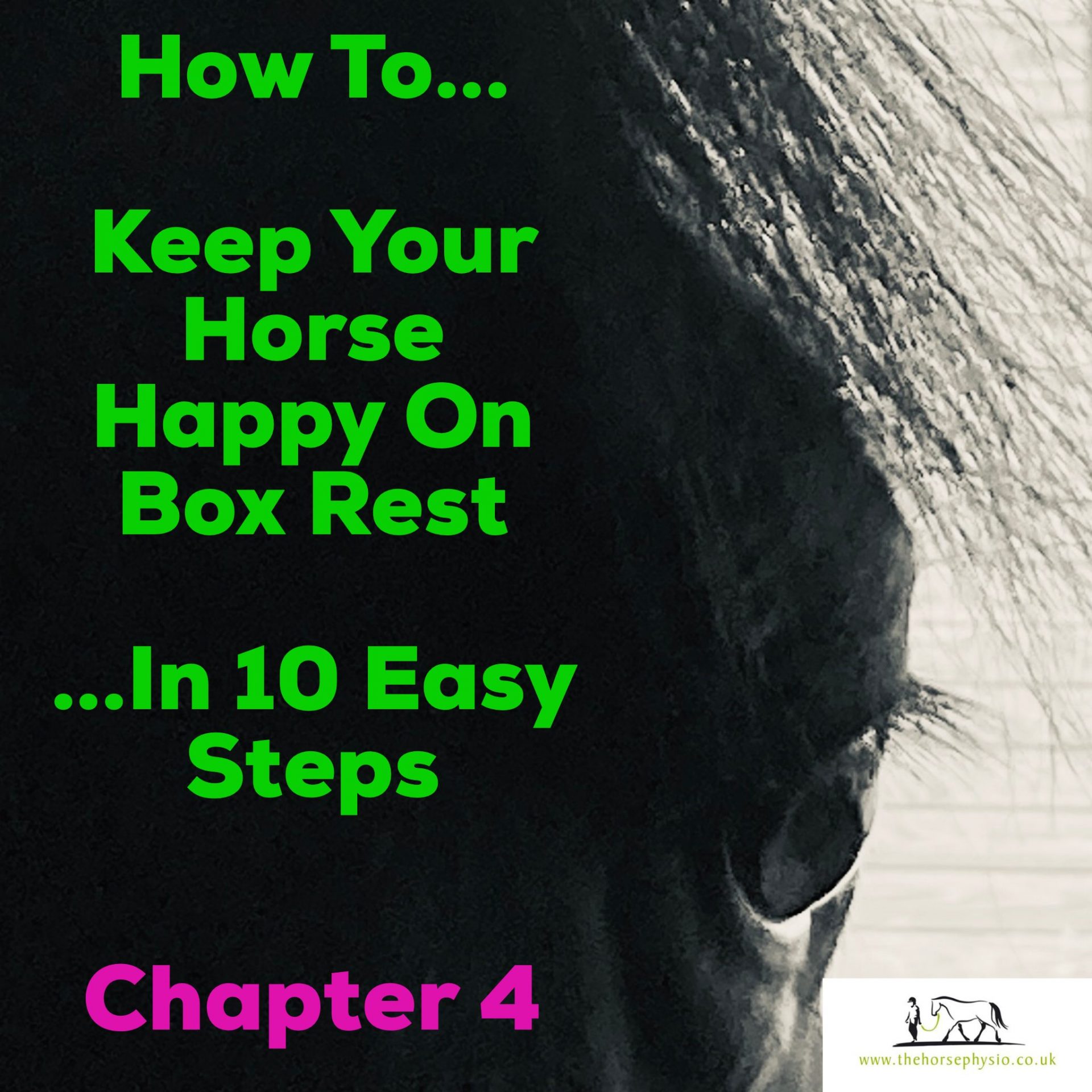Weight Management
A common reason for box rest is horse’s who have been diagnosed with laminitis / founder, or Equine Metabolic Syndrome (EMS). Clearly these horses need to be on a weight management program. Most horses are going to benefit from an awareness of weight management while they’re stuck in the box day in, day out for weeks on end.
One important reason for this is that pretty much any joint pathology (injury or dysfunction to the joint) is going to be aggravated by excess weight. If you go to the doctors or the physio complaining of pain due to arthritis in your back or knee and you are overweight, the first thing the doctor or physio is likely to do is advise you to lose weight. People who have lost weight report considerably less pain than when they were heavier. I have seen many lame horses come sound simply through losing weight, with corresponding improvement in quality of movement, often dramatically so.
So how do we keep the weight off our horses without starving them so much that they get gastric ulcers? There’s no easy answer to this. The best solution would be for someone to put a slice of hay in every couple of hours, but for most this is not feasible. The evidence seems to point towards horses coping better without feed at night than they do during the day. The recommendation from a study I read was that if you have to feed your horse a limited amount of forage, feed 80% during the day and 20% at night. Please check with your vet for the latest thoughts on this.
One obvious solution is to stop hard feed, at least hard feed that has any nutritional value. Another solution that many people resort to is ‘double netting’ the hay, i.e. putting it into a small holed net, and then putting that net inside another small holed net, so that it takes much longer for the horse to get the hay out. This is great in theory, except that haynets are not great physically for horses – see the chapter on ‘Feet and Teeth’. Sometimes though, it’s the lesser of two evils, as the risk of serious damage through feeding from a haynet is less that the risk of serious damage from being overweight.
© Sue Palmer, The Horse Physio 2021
Treating your horse with care, connection, curiosity and compassion
